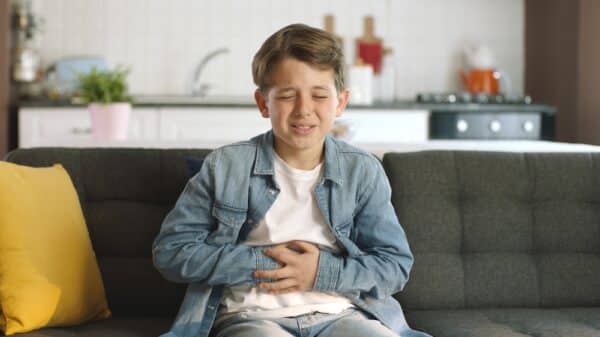The significant increase in cases of whooping cough this year is raising alarms among parents and healthcare professionals alike. Latest statistics from the U.S. Centers for Disease Control and Prevention (CDC) reveal that there are five times more cases of whooping cough (pertussis) this year compared to the same period last year, with over 18,500 confirmed instances across the country.
While the situation may seem daunting, being informed about symptoms and preventive strategies can help safeguard your family.
What is driving the rise in whooping cough cases?
Health experts believe that the surge is due to a combination of post-pandemic exposure, declining immunity, and reduced vaccination rates.
Dr. Thomas Russo, an infectious disease professor at the University of Buffalo, remarked in an interview with Verywell Health, “We’re seeing similar patterns with pertussis as we’ve observed with various infections following the pandemic.” The absence of safety protocols like social distancing and mask-wearing, which had previously controlled the spread of infections, has increased exposure for many individuals.
Vaccine hesitancy has also significantly influenced the situation. Dr. Tina Tan, the president-elect of the Infectious Diseases Society of America, noted, “With the increase in vaccine hesitancy that has been ongoing since the COVID-19 pandemic, we’re observing outbreaks in unvaccinated children,” as reported by NBC News.
Additionally, the effectiveness of the pertussis vaccine diminishes over time. Infants receive the DTaP vaccine, which provides protection against pertussis, diphtheria, and tetanus, but this protection declines as they grow older. Dr. Amesh Adalja from Johns Hopkins University explained to Verywell Health that “Adults infected with whooping cough can experience prolonged coughing—sometimes known as the ‘hundred days cough’,” stressing the importance of booster shots, which are advised every decade.
Particular regions in the U.S. are facing notably severe outbreaks, with significant increases reported in Pennsylvania, Illinois, and Nebraska, where local health authorities have noted dramatic rises in cases among school-aged children.
Identifying whooping cough symptoms
Initially, whooping cough may resemble a typical cold, but symptoms can escalate rapidly. Here are some key signs to monitor:
- Runny nose
- Mild fever
- Intense coughing spasms followed by a characteristic high-pitched “whoop” sound
- Vomiting after severe coughing
- Fatigue following coughing episodes
Infants may not exhibit the typical “whoop” but could experience breathing difficulties, vomiting, or pauses in breathing (apnea). If your child shows any of these signs, it’s important to seek medical attention promptly.
Why are infants and pregnant women particularly vulnerable?
Infants, particularly those not yet vaccinated, face the highest risk of severe whooping cough. For this reason, pregnant women are advised to receive a Tdap booster with every pregnancy. Dr. Ericka Hayes, Senior Medical Director of Infection Prevention at Children’s Hospital of Philadelphia, told CHOP that “It’s crucial for expectant individuals to get a whooping cough booster with each pregnancy. This ensures their baby is born with essential antibodies.” These antibodies offer protection to newborns until they are old enough to receive the vaccine on their own.
Steps parents can take to safeguard their families
The CDC strongly recommends vaccination as the foremost defense against whooping cough. The DTaP vaccine is usually administered to infants starting at two months of age, followed by booster doses as they grow. Teens and adults are also advised to receive booster shots every 10 years, commencing from middle school.
In addition to vaccination, parents should:
- Monitor for symptoms, particularly in infants and toddlers.
- Ensure all family members are current on their vaccinations, including booster doses.
- Maintain good hygiene—regular hand washing and wearing masks in crowded environments can help minimize germ transmission.
- Limit contact with individuals who are ill, especially if your baby has not completed the full DTaP series.
If you suspect exposure or notice any symptoms, reach out to your pediatrician for advice. Early identification and treatment with antibiotics can greatly decrease the risk of complications and control the spread.
Conclusion
Vaccination remains highly effective in preventing whooping cough and its severe outcomes, especially for infants and pregnant women. Consult with your healthcare provider to ensure your family is adequately protected and stay cognizant of the symptoms for early detection of whooping cough.
Image Source: FamVeld / Shutterstock



































